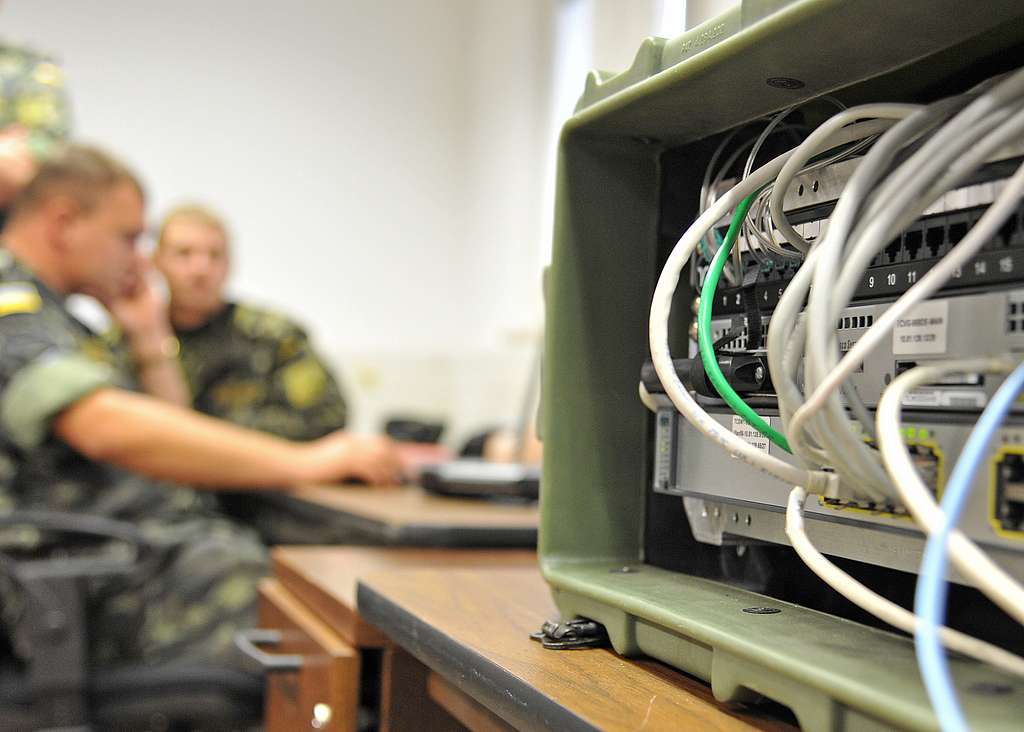U.N. Special Rapporteur Statement on Pakistan and Drone Strikes
This strikes me as a big deal. U.N. Special Rapporteur for Human Rights and Counterterrorism Ben Emmerson has returned from Pakistan and issued a lengthy statement summarizing his discussions with Pakistani officials. The statement contains a lot of material with consequences of U.S.-Pakistani relations and drone strikes: reiteration of Pakistan's lack of consent and denial that it is "unable or unwilling" to deal with the problems in the FATA.
Published by The Lawfare Institute
in Cooperation With

This strikes me as a big deal. U.N. Special Rapporteur for Human Rights and Counterterrorism Ben Emmerson has returned from Pakistan and issued a lengthy statement summarizing his discussions with Pakistani officials. The statement contains a lot of material with consequences of U.S.-Pakistani relations and drone strikes: reiteration of Pakistan's lack of consent and denial that it is "unable or unwilling" to deal with the problems in the FATA. It also contains a statement---the first I have seen, though that may be wrong---of Pakistan's estimate of civilian casualties: 400 out of 2,200 people killed (an 18 percent figure that Pakistani officials, according to Emerson, stress may lowball the real number). Here's Emerson's summary. The full statement is very worth reading:
The position of the Government of Pakistan is quite clear. It does not consent to the use of drones by the United States on its territory and it considers this to be a violation of Pakistan's sovereignty and territorial integrity. As a matter of international law the US drone campaign in Pakistan is therefore being conducted without the consent of the elected representatives of the people, or the legitimate Government of the State. It involves the use of force on the territory of another State without its consent and is therefore a violation of Pakistan's sovereignty. Pakistan has also been quite clear that it considers the drone campaign to be counter-productive and to be radicalising a whole new generation, and thereby perpetuating the problem of terrorism in the region. Pakistan has called on the US to cease its campaign immediately. In a direct challenge to the suggested legal justification for these strikes, the Government of Pakistan has also made it quite clear during these discussions that any suggestion that it is "unwilling or unable" to combat terrorism on its own territory is not only wrong, but is an affront to the many Pakistani victims of terrorism who have lost their lives. Based on its direct knowledge of local conditions, Pakistan aims to a sustainable counter-terrorism strategy that involves dialogue and development in this complex region and that tackles not only the manifestations of terrorism but also its root causes. The people of Pakistan need to be given room to develop this strategy. The Pashtun tribes of the FATA area have suffered enormously under the drone campaign. These proud and independent people have been self-governing for generations, and have a rich tribal history that has been too little understood in the West. Their tribal structures have been broken down by the military campaign in FATA and by the use of drones in particular. It is time for the international community to heed the concerns of Pakistan, and give the next democratically elected government of Pakistan the space, support and assistance it needs to deliver a lasting peace on its own territory without forcible military interference by other States.
Benjamin Wittes is editor in chief of Lawfare and a Senior Fellow in Governance Studies at the Brookings Institution. He is the author of several books.





